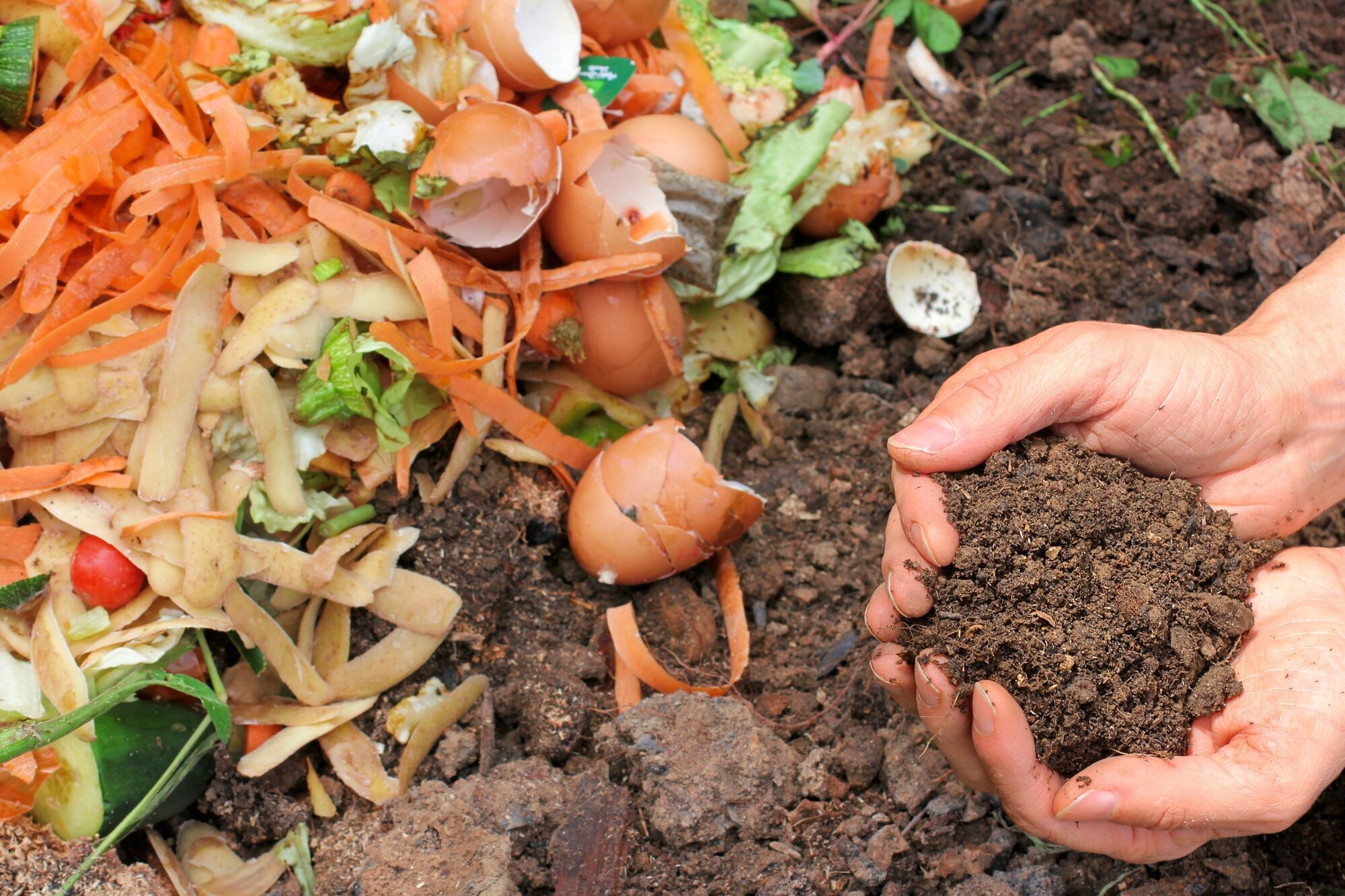World Centric Staff / 4 minute read
To live means to consume, and consume we do. 24 hours a day, we consume air to breath, water to drink and food to eat. In addition to these basic essentials, we consume an ever increasing amount of goods and services - cars, homes, appliances, computers, furniture, books, travel, and entertainment.
|
The list of things and services we have come to depend upon on is endless. The American market system depends on our continued and increased consumption, so it does its best to make us want more, desire more, buy more, upgrade more, pollute more and waste more.
Environmental Consequences However, there is a price to pay for this uncontrolled consumption. Perhaps we do not yet realize that everything we consume comes from the natural world - it is extracted, mined, farmed, grown, fished, cut down - and the resources on this planet are limited. |
Things to remember:
"There is enough in the world for everyone's need; there is not enough for everyone's greed." - Mahatma Gandhi |
As we continue to consume at an ever increasing rate for the illusion of a "comfortable" life, the planet suffers from this over-extraction of resources - forests, fish, soil, minerals and water, resulting in degraded and collapsing ecosystems, habitats, and species. In addition, increased consumption creates increased pollution and waste and the very essentials for life - air, land, and water get more and more polluted and toxic.
Social Consequences
Perhaps, we also do not realize that if we take up the lion’s share of the planet's resources, then others have less to live on. Currently, 80% of the world's resources are used by a minority of the world's population (17%). There is a flow of precious resources from the global South to the North. These resources are exploited and used to produce goods and services for the minority of the world's population instead of being used to provide the basic necessities of food, water, health, sanitation etc. for the rest of the world's population. Moreover, in order to fulfill the consumption "wants" of the rich minority, precious resources are often directed towards frivolous or luxury items further depriving the poor of the world.
The following table, from WorldWatch Institute, compares the expenditure on luxury items with the funding needed to meet basic needs.
Social Consequences
Perhaps, we also do not realize that if we take up the lion’s share of the planet's resources, then others have less to live on. Currently, 80% of the world's resources are used by a minority of the world's population (17%). There is a flow of precious resources from the global South to the North. These resources are exploited and used to produce goods and services for the minority of the world's population instead of being used to provide the basic necessities of food, water, health, sanitation etc. for the rest of the world's population. Moreover, in order to fulfill the consumption "wants" of the rich minority, precious resources are often directed towards frivolous or luxury items further depriving the poor of the world.
The following table, from WorldWatch Institute, compares the expenditure on luxury items with the funding needed to meet basic needs.
What can we do? To start, buy less. If you have an opportunity to buy something used or borrow it, consider that over purchasing new items. If you do buy new, consider checking on the sustainability of the item you are buying. Are the materials ethically sourced? Does the company pay their workers a fair wage? It's up to all of us to decrease our consumption and help conserve the limited resources our planet has to offer.





